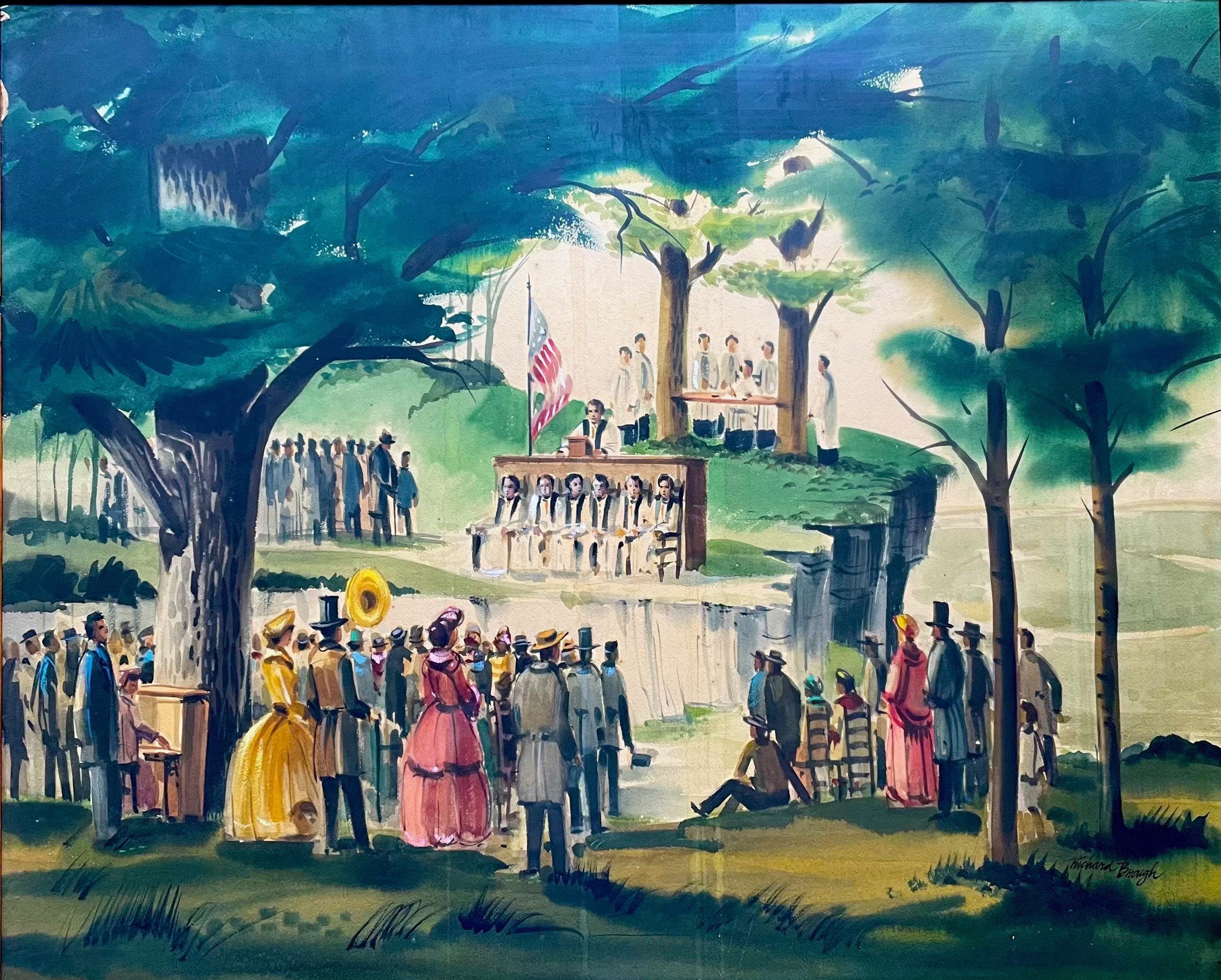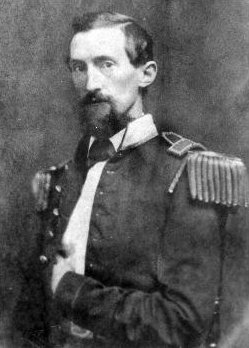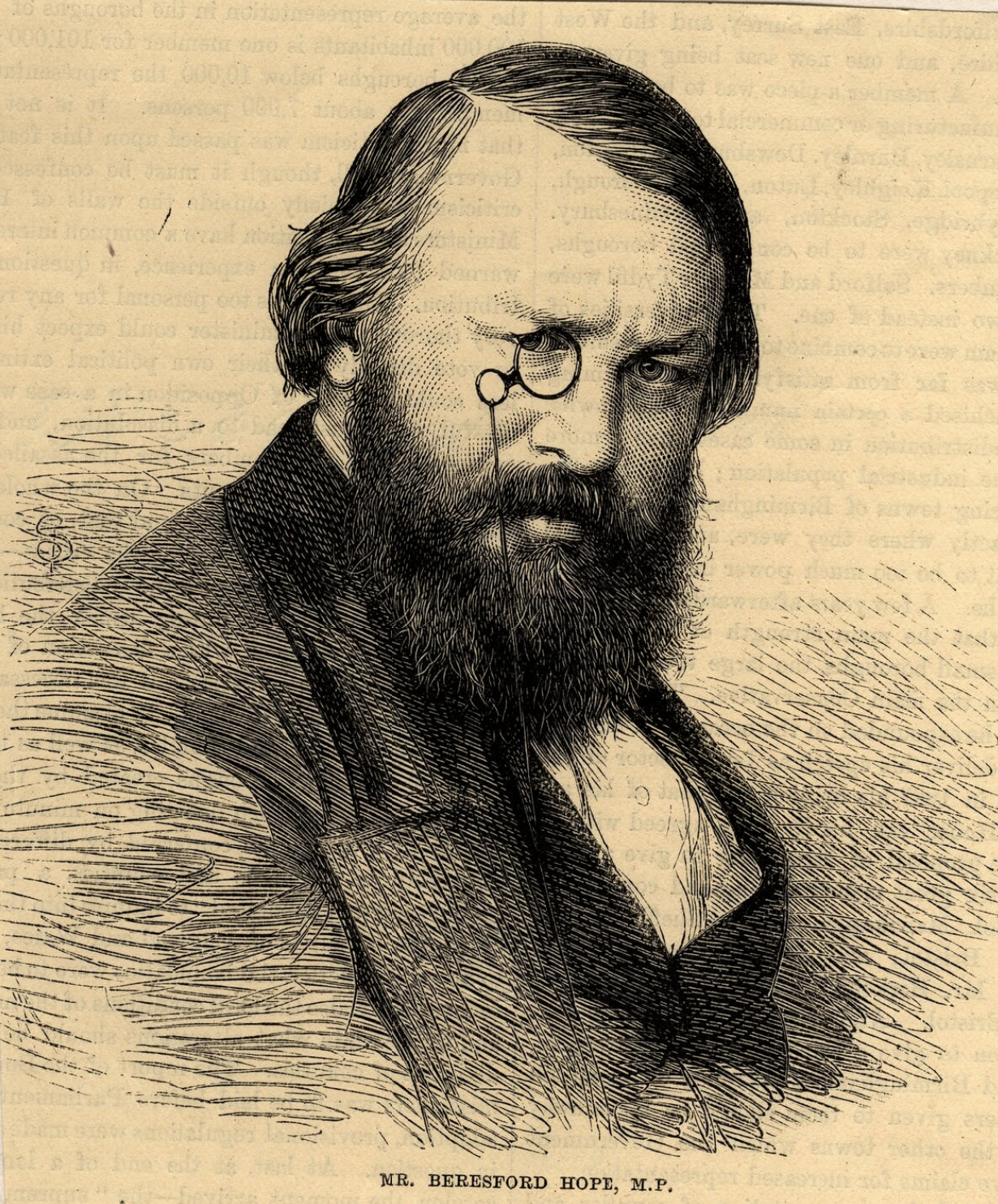
Honoris Causa
Sewanee, the Lost Cause, and Honorary Degrees
The year 1957 marked the centennial of the founding of the University of the South.
In addition to the many and often grand ways that Sewanee celebrated its first century, the University’s alumni magazine published a list of all the people awarded honorary degrees (honoris causa) over those 100 years.
The thumbnail biographies of these men included their essential credentials like undergraduate and graduate degrees earned, churches and communities served, political offices and judgeships held.
And, for forty-one of the men so recognized before 1918, the commendations cited their record of service to the Confederacy.
THE WEBSITE’S SURVEY of those awarded degrees honoris causa says much about the white men who rose to power and distinction in the South after the Civil War. Dozens of these men, many of them born into slaveholding families, had risen through the ranks of the Confederate military – serving as chaplains, surgeons, brigadier generals and even Confederate newspaper editors – and gone on to prestigious careers as educators, legislators, and clergymen. Among Sewanee’s honorary alumni were a founder of the Ku Klux Klan in Florida and the Louisiana judge whose ruling led to the U.S. Supreme Court decision on “separate but equal” in Plessy v. Ferguson.
But the centennial-year biographies tell us even more about the values and accomplishments the University’s leadership thought notable and commendable in 1957, the year in which the list was published.
Appearing nearly a century after the Civil War’s end and amid the 1950s Civil Rights revolution, they express the University leadership’s enduring belief in the praiseworthy legacies of those who had taken up arms for the Confederacy. Implicitly equating service to the Confederacy with other laudable accomplishments, such as elevation to bishop in the Episcopal Church or contributions to scholarship, Sewanee’s leadership reinforced the “Lost Cause” campaign to characterize rebellion against the United States as patriotism, to erase slavery as fundamental to the cause of the Confederacy, and to naturalize white supremacy.
“The Lost Cause,” writer Clint Smith reminds us in his book How the Word Is Passed, “was not an accident. It was not a mistake that history stumbled into. It was a deliberate, multifaceted, multi-field effort predicated on both misremembering and obfuscating what the Confederacy stood for, and the role that slavery played in shaping this country.”
The Honoris Causa website reveals how the granting of honorary degrees deliberately contributed to the effort that Clint Smith describes – how it enabled multiple generations of Sewanee’s leadership, faculty, graduates, and students to invent “what the Confederacy stood for” in relation to the University, its educational mission, and the region’s racial order.
Research for the Honoris Causa website was produced by Maia Council, the public history research associate for the Roberson Project.
Scroll down and click on a Confederate veteran or a British supporter of the Confederacy to learn more about those whom Sewanee’s leaders chose to award honorary degrees and their connections to the Confederacy.
“The Lost Cause was not an accident. It was not a mistake that history stumbled into. It was a deliberate, multifaceted, multi-field effort predicated on both misremembering and obfuscating what the Confederacy stood for, and the role that slavery played in shaping this country.”
THE HONORIS CAUSA WEBSITE profiles the forty-one Confederate veterans and four pro-Confederate British men who received Sewanee’s highest honor before 1918.
A production of the Roberson Project on Slavery, Race, and Reconciliation, it speaks to the Project’s core mission “to gather and give a more complete historical account” of the University of the South and of “how slavery and its legacies have marked” the University’s long history.
The 1957 list of honorary degree recipients both expressed and celebrated the “Lost Cause,” a campaign organized and led by white women and men starting in the 1890s to honor and memorialize Confederates as American heroes and to denounce and suppress any argument for the role of slavery in causing the Civil War.
The tributes to the many Confederates among the University’s honorees reveal one way this legacy of slavery long influenced life on Sewanee’s campus. True to the teachings of the Lost Cause, the Confederate honorees cited in 1957, recognized only for their military service, effectively state that secession and the Confederacy could be remembered without reference to slavery or treason to the United States. The role of these men as slaveholders and their complicity in human bondage are unmentioned, further demonstrating the University leadership's argument in the mid-1950s for the nobility and gallantry of the Lost Cause.
Honorees 1874 to 1889
Honorees 1890-1899
Honorees 1900-1917
Pro-Confederate British Honorees











































